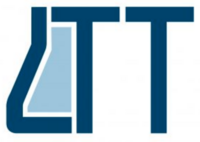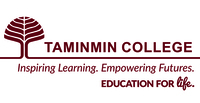
Courses in fishing and aquaculture
Diploma of Leadership and Management
- There are no mandated entry requirements.






Diploma of Business
- There are no mandated entry requirements.




Diploma of Horticulture Management
- There are no mandated entry requirements.
 Ironwood Institute
Ironwood Institute
Certificate III in Process Manufacturing
- There are no mandated entry requirements.
 Academy Green Learning
Academy Green Learning
Certificate IV in Seafood Post Harvest Operations
- There are no mandated entry requirements.
 Maritime Safety Training
Maritime Safety Training
Certificate III in Aquaculture
- There are no mandated entry requirements.






Certificate II in Seafood Post Harvest Operations
- There are no mandated entry requirements.
 Maritime Safety Training
Maritime Safety Training
Diploma of Laboratory Technology
- There are no mandated entry requirements.








Diploma of Aquaculture
- There are no mandated entry requirements.


Certificate II in Aquaculture
- There are no mandated entry requirements.






Certificate I in Seafood Industry
- There are no mandated entry requirements.
 Taminmin College
Taminmin College
Certificate III in Seafood Post Harvest Operations
- There are no mandated entry requirements.
 Maritime Safety Training
Maritime Safety Training
Bachelor of Science (Marine Biology)
- There are no mandated entry requirements.





Certificate III in Conservation and Ecosystem Management
- There are no mandated entry requirements.








Bachelor of Science (Environmental Science)
- There are no mandated entry requirements.








Bachelor of Science (Marine Science)
- There are no mandated entry requirements.


Master of Environmental Management
- There are no mandated entry requirements.




Bachelor of Environmental Science and Management
- There are no mandated entry requirements.



Master of Marine Science and Management
- There are no mandated entry requirements.


Diploma of Business (Entrepreneurship)
- There are no mandated entry requirements.




